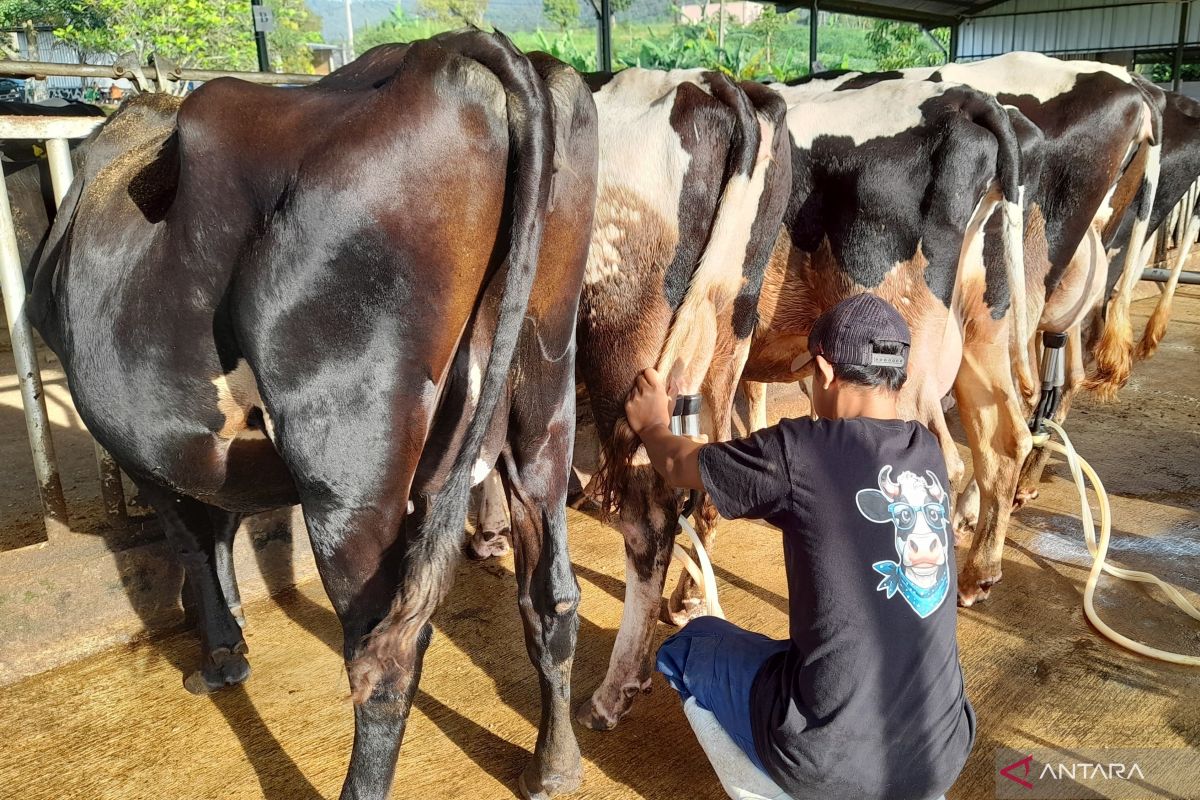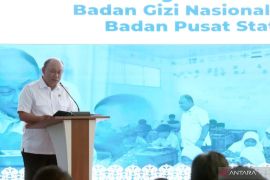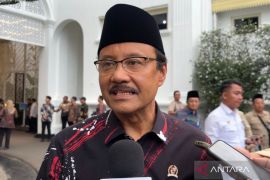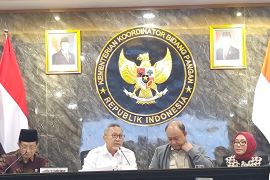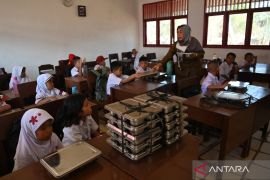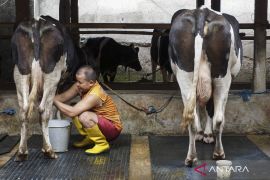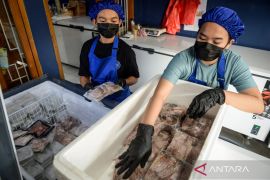Presidential Communication Office (PCO) spokesperson Dedek Prayudi shared this during a visit to a cattle farm supporting the program in Sumedang, West Java, on Thursday.
He emphasized that the circular economy can drive economic growth and create job opportunities.
“This program connects feed sellers with livestock farmers. The farm products are then purchased by cooperatives, boosting local economies,” Prayudi explained.
He noted that 85 percent of the program’s Rp71 trillion (US$4.2 billion) budget is allocated for purchasing raw materials—most of which are sourced from regional MSMEs.
“If we look at the Nutrition Fulfillment Service Units (SPPGs), each unit absorbs around 50 workers. And 85 percent of the Rp71 trillion budget goes to raw materials—just imagine the circular economy generated by the MBG program,” he added.
SPPGs are local kitchen units established to prepare and distribute free nutritious meals.
Prayudi stressed that beyond improving the nutritional intake of children, pregnant women, breastfeeding mothers, and toddlers, the program also aims to enhance community-level economic resilience.
He pointed out that in some areas, agricultural or livestock land goes unused due to a lack of buyers.
To address this, the MBG program encourages community members to sell their products to cooperatives—acting as the first buyers—which then supply goods to SPPGs. This creates a sustainable supply chain and reduces reliance on middlemen.
“For example, this farm can supply 150 liters of milk. There are other nearby farms that can do the same. The cooperative functions as the first off-taker, collecting the products and selling them directly to the SPPG,” he explained.
“This way, there are no intermediaries taking advantage of breeders or farmers. The cooperatives belong to the community,” Prayudi added.
Earlier, National Nutrition Agency (BGN) head Dadan Hindayana said the MBG program could directly generate employment through the SPPGs and foster community independence.
Each SPPG requires a significant number of workers to produce 3,000–4,000 meals per day, he noted.
“Economically, the program directly creates jobs for people working in SPPGs,” he said.
Related news: Free meals program to support direct job creation: BGN
Related news: Indonesia to spend $1.47 bln per month on free meals from September
Translator: Lintang Budiyanti Prameswari, Yashinta Difa
Editor: Anton Santoso
Copyright © ANTARA 2025
